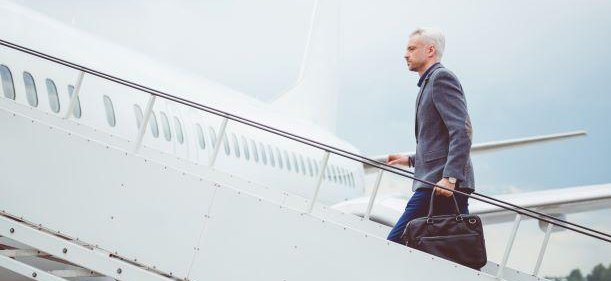COVID-19 measures: Schengen area on lockdown for non-EU residents

COVID-19 measures: Schengen area on lockdown
On March 17, 2020, the EU heads of government decided that travelers from outside the European Union will no longer be allowed to enter the Schengen area, unless it is absolutely necessary for them to do so.
The Schengen countries have thus accepted the European Commission’s proposal for temporary closure of the external borders, allowing access only for journeys that are absolutely essential or for the supply of food and medicines. The ban therefore does not apply to truck drivers, medical staff and certain research staff.
In addition to these essential journeys, the following are also allowed to enter the area:
- holders of a valid passport from the EU or from one of the Schengen countries;
- holders of a valid Dutch residence document;
- persons in possession of a valid temporary residence permit (machtiging tot voorlopig verblijf; MVV);
- persons possessing a notification stating that the application for a residence permit has been granted will, in principle, also be allowed to enter.
The entry ban will apply for at least 30 days and may be extended if necessary. The Member States have agreed that the measure should be introduced as soon as possible. The Netherlands has followed this up by closing its borders to citizens from outside the EU from March 19, 2020 at 6.00 p.m. The entry ban has now been extended to July 1, 2020. The European Commission is investigating for which non-EU countries the entry ban can subsequently be lifted.
Another agreement is that Member States will also perform medical checks upon departure from the Schengen area. Travelers suspected of being exposed to COVID-19 or showing signs of sickness will not be allowed to travel.
Internal borders – ensuring the internal market and free movement
Although several Schengen countries have already closed or are monitoring internal borders, the announced ban only applies to the external borders. Member States may introduce temporary border controls, but only if justified on grounds of public health or internal security. In addition, any measures taken must be proportionate. In addition, Member States are allowed to perform certain medical checks at their borders for the purpose of detecting whether a person shows signs of sickness, but also for the purpose of determining whether a person may have been exposed to COVID-19.
For non-EU nationals in possession of a valid residence permit in another EU Member State who are in transit to their country of residence, Member States must cooperate in their return and thus also allow them to enter.
It has also been agreed that the internal borders will remain open to cross-border workers. This is particularly important for those working in the vital professions to ensure that they are not hindered in their commute. However, this also applies to all other professions.
Because it is expected that the pressure on internal borders will be eased by closing the external borders, the Dutch government hopes that it will not have to close the borders with Germany and Belgium. Prime Minister Rutte emphasizes that it is very important that the internal market remains open for supplies to and from the Netherlands.
In addition to these measures, travel advice for Dutch citizens has been tightened by the Ministry of Foreign Affairs. At the moment, code orange applies to the whole world, which means that traveling abroad is not recommended. This advice also includes (car) trips to, for example, Germany or Belgium.
Again, this travel advice does not cover freight transport and other professional transport, as this is deemed to be essential.
Foreigners stranded in the Netherlands
Foreigners who are staying in the Netherlands on the basis of a Schengen visa or during the period for which no residence permit is required and who are unable to leave the Netherlands on time due to (flight) restrictions, may ask the Immigration and Naturalization Service (Immigratie- en Naturalisatiedienst; IND) to extend the visa or abovementioned period. It is important that these persons contact the IND in order to make the necessary arrangements. Although no policy has yet been published, it is expected that the IND will willingly cooperate.
Foreign nationals whose residence permit expires and who are not eligible for the regular renewal procedure can also contact the IND to extend lawful residence under these circumstances.